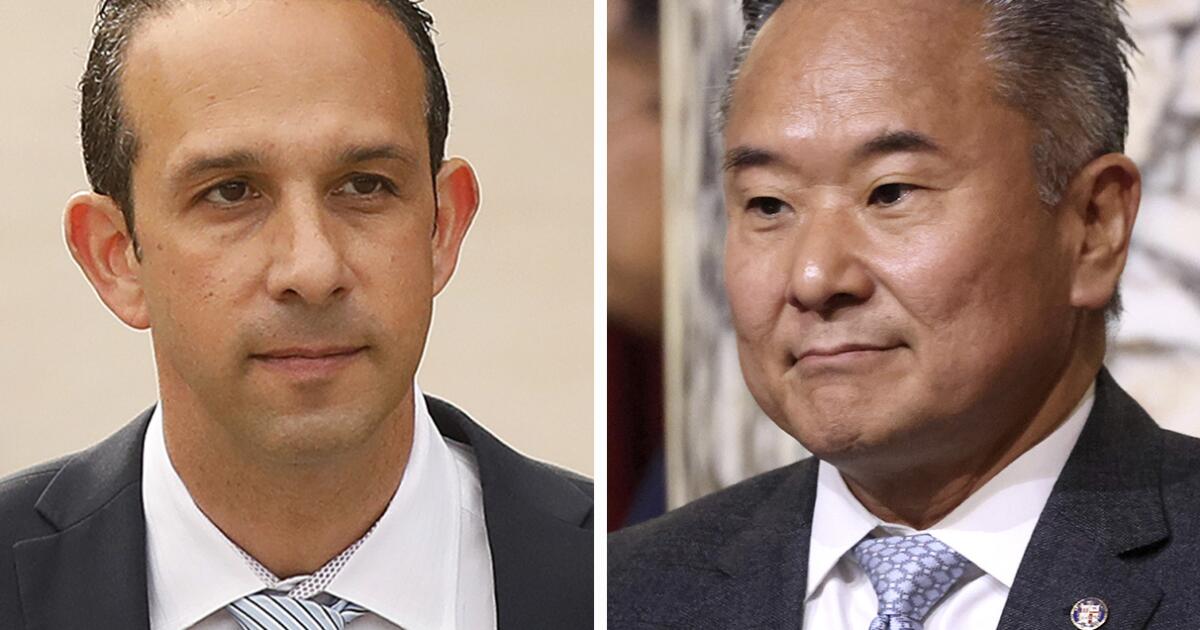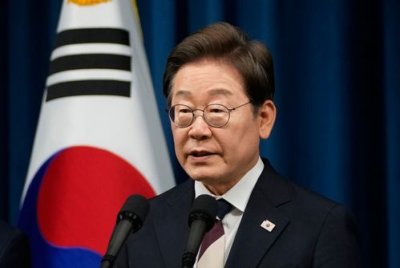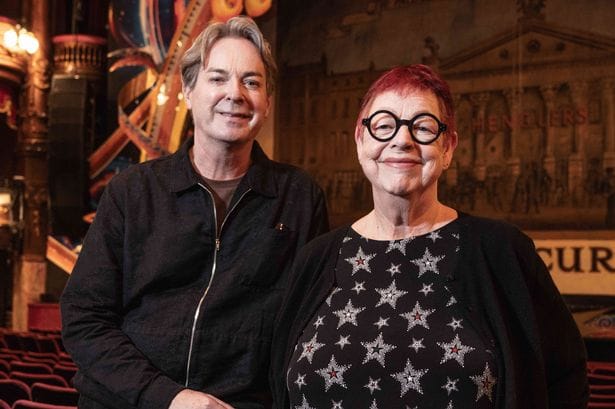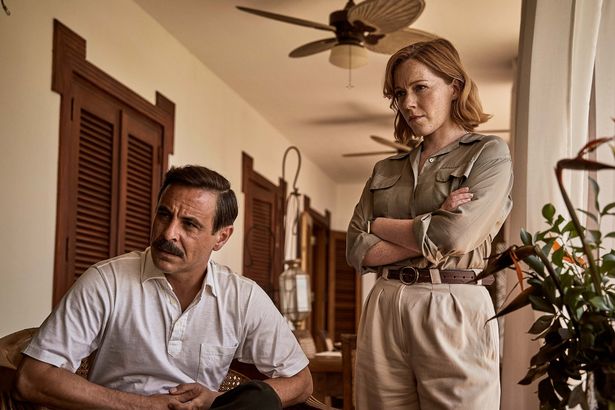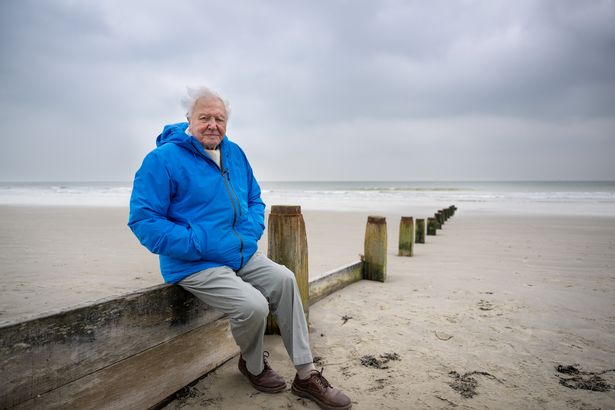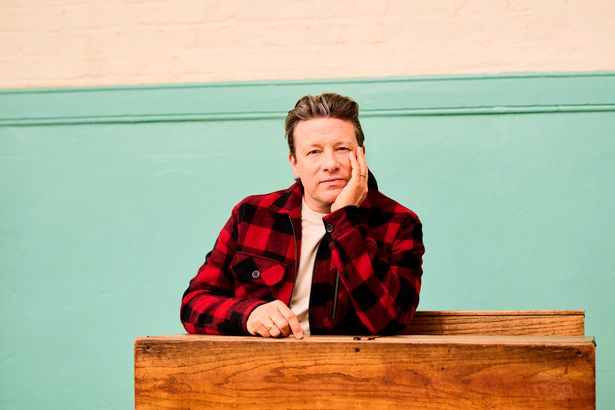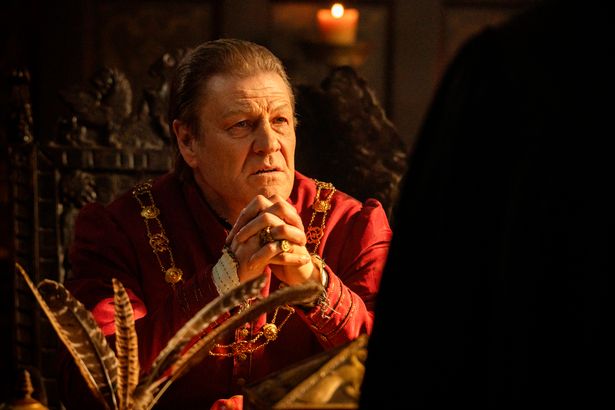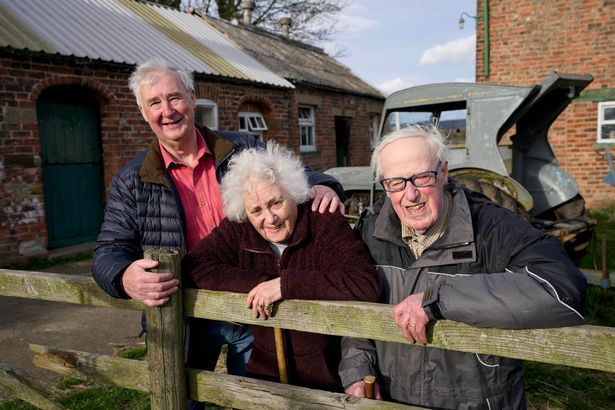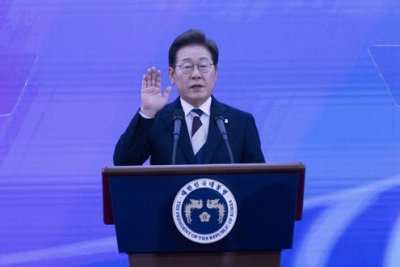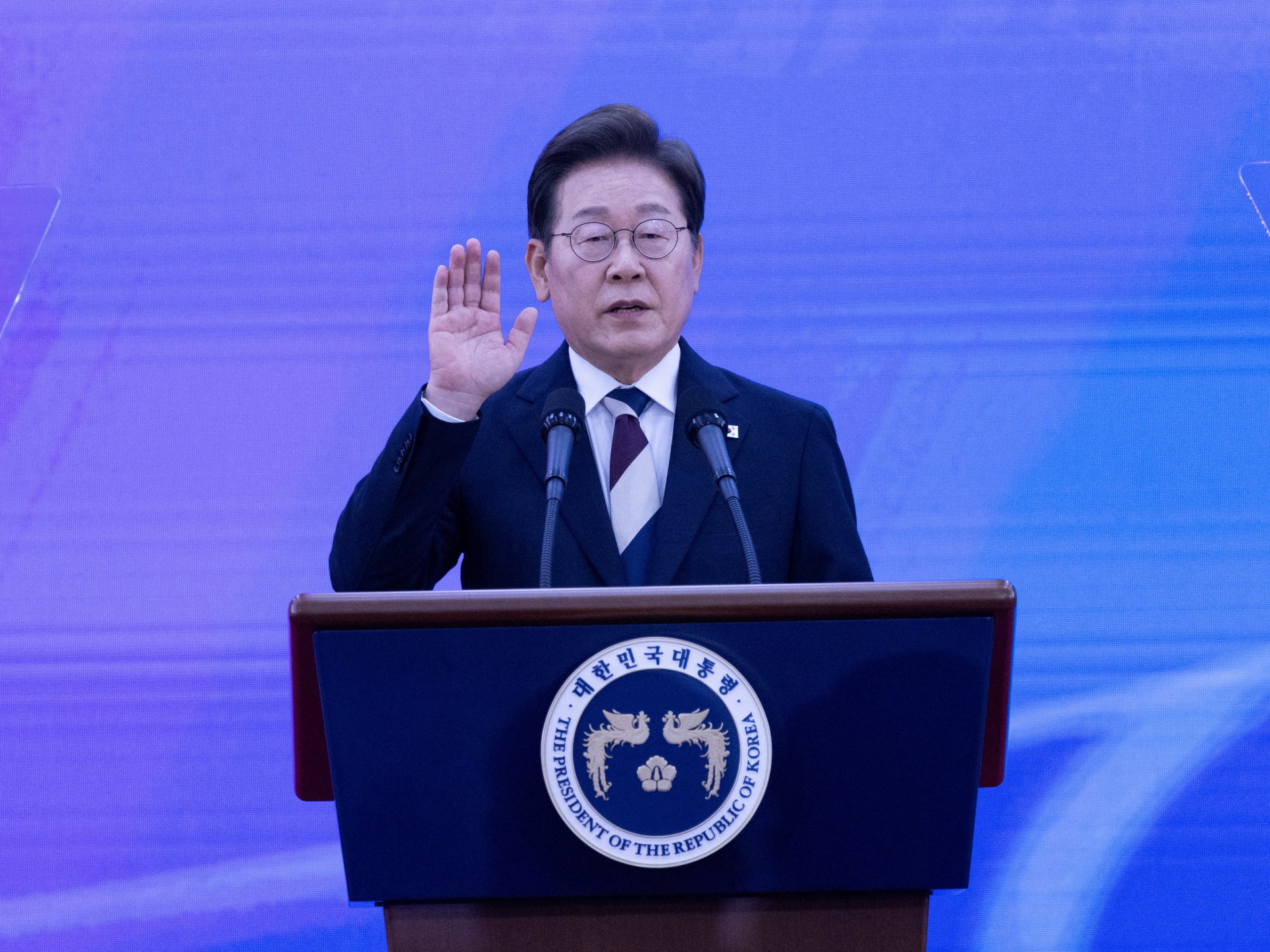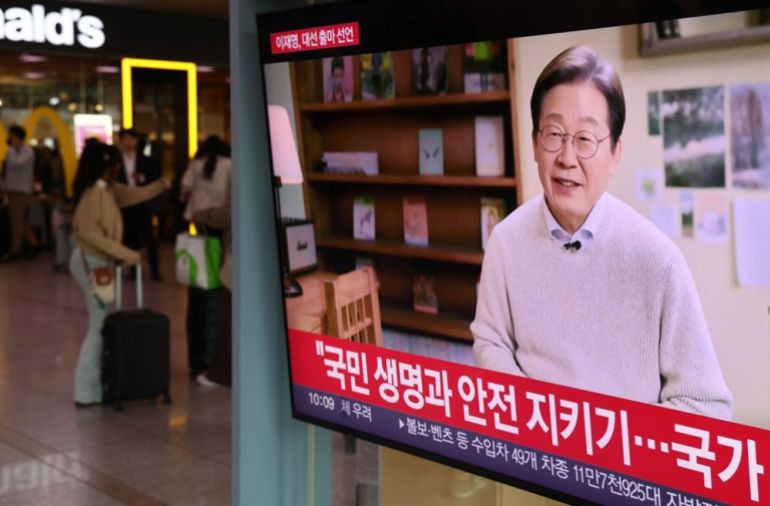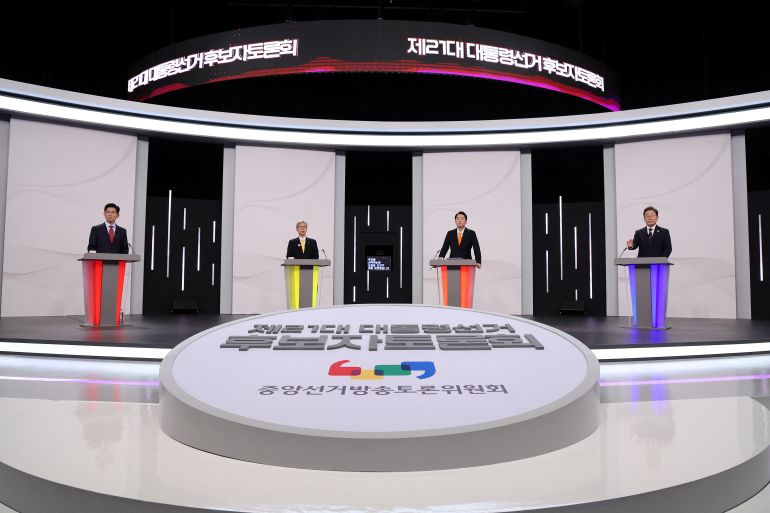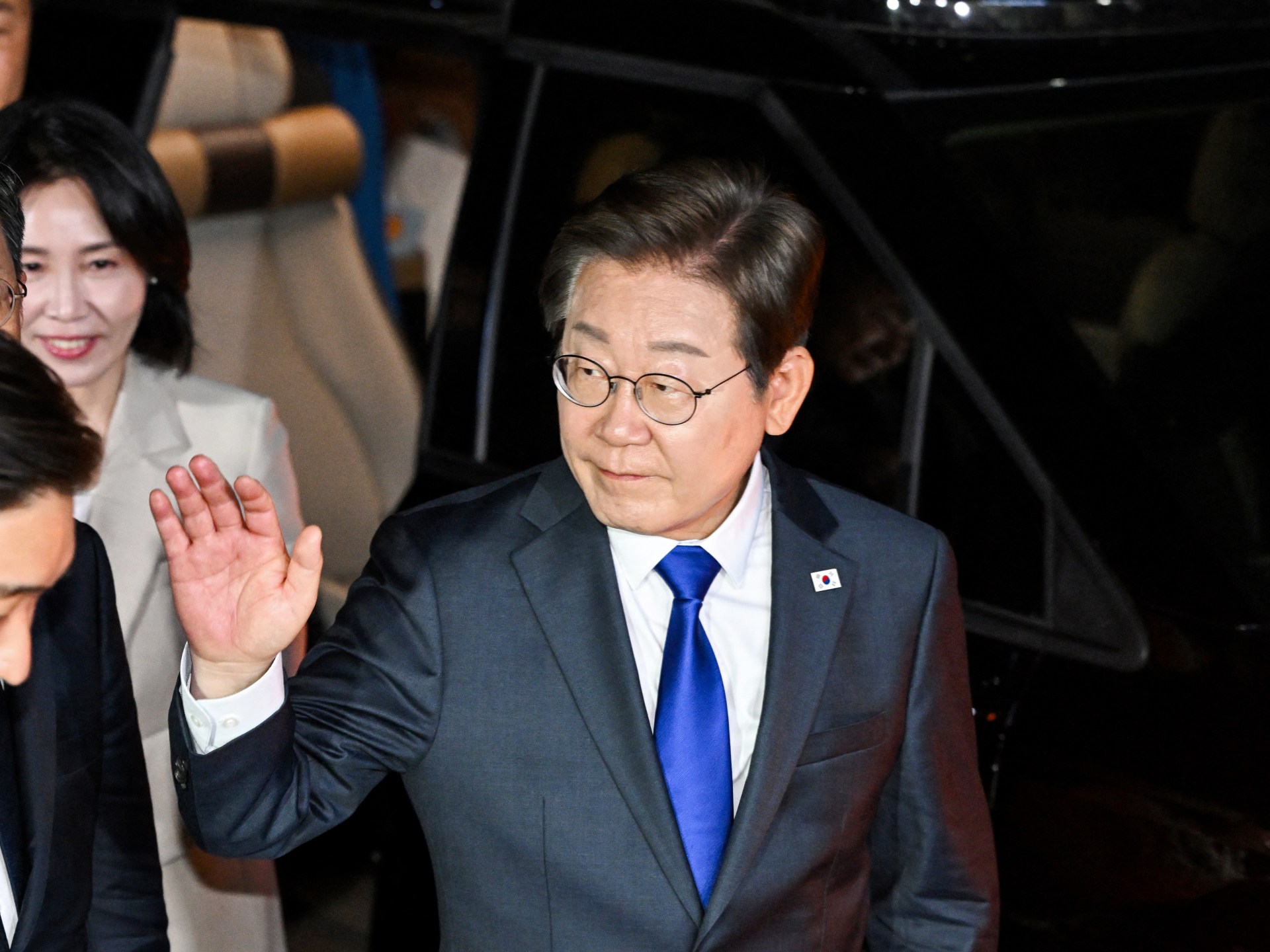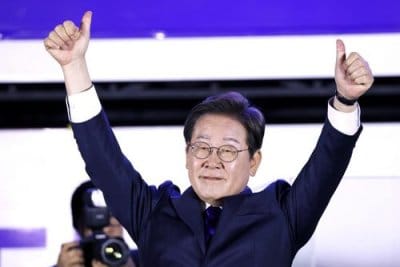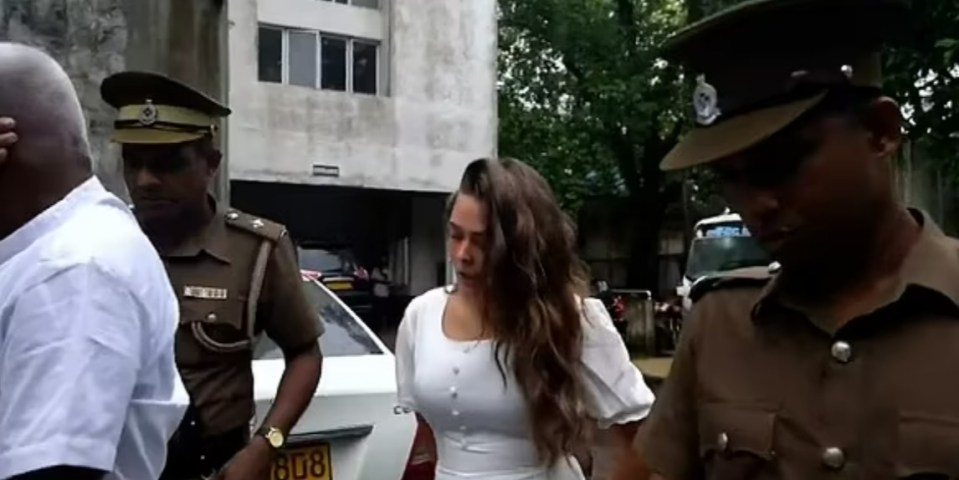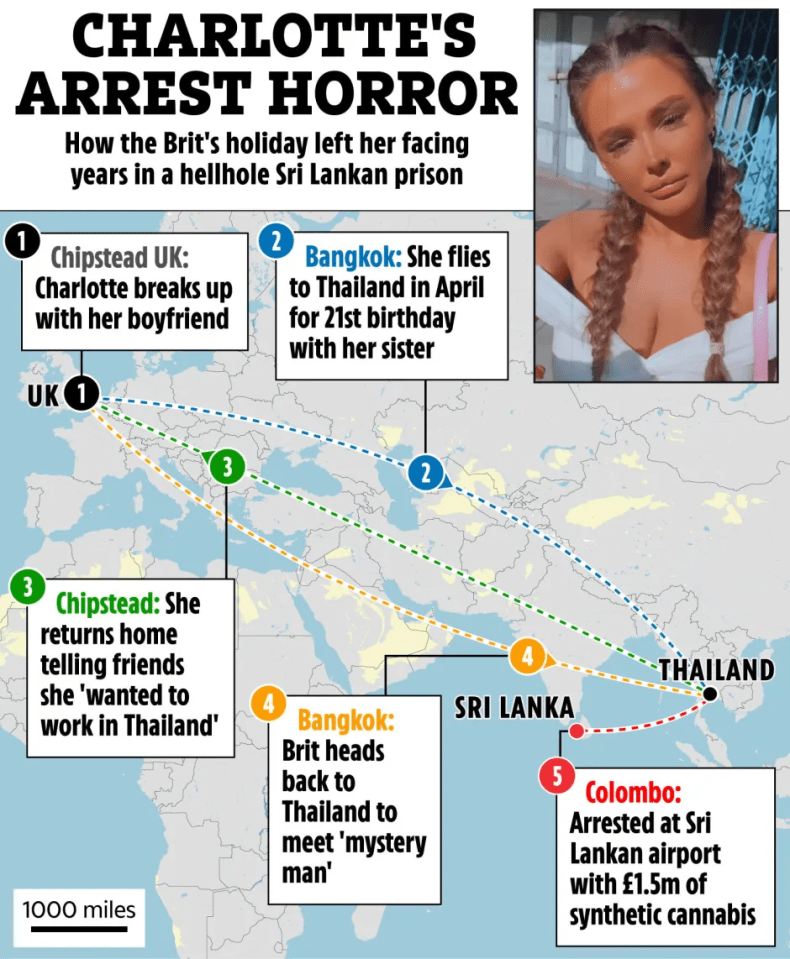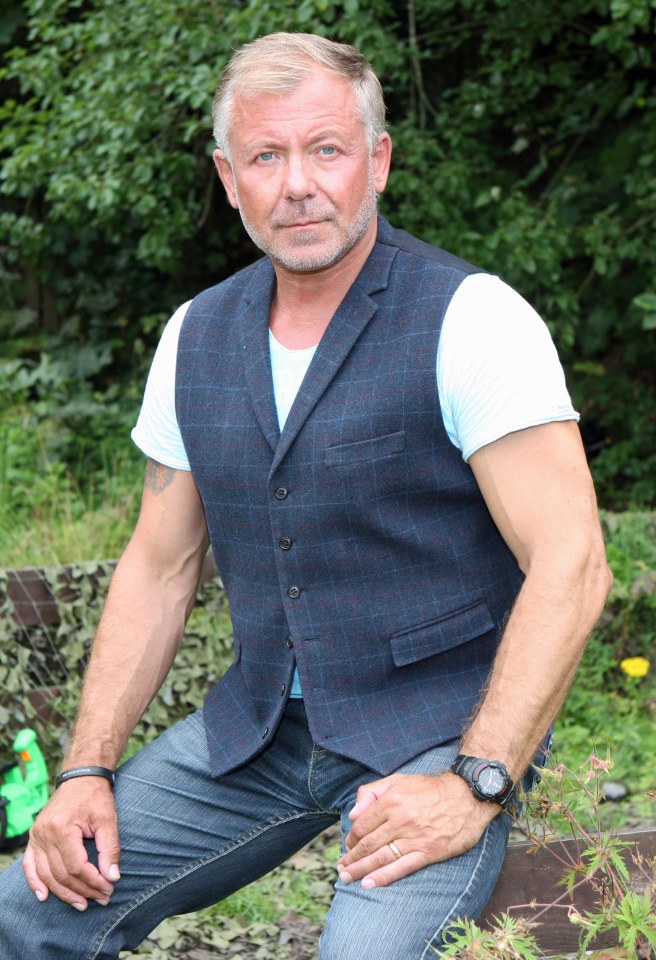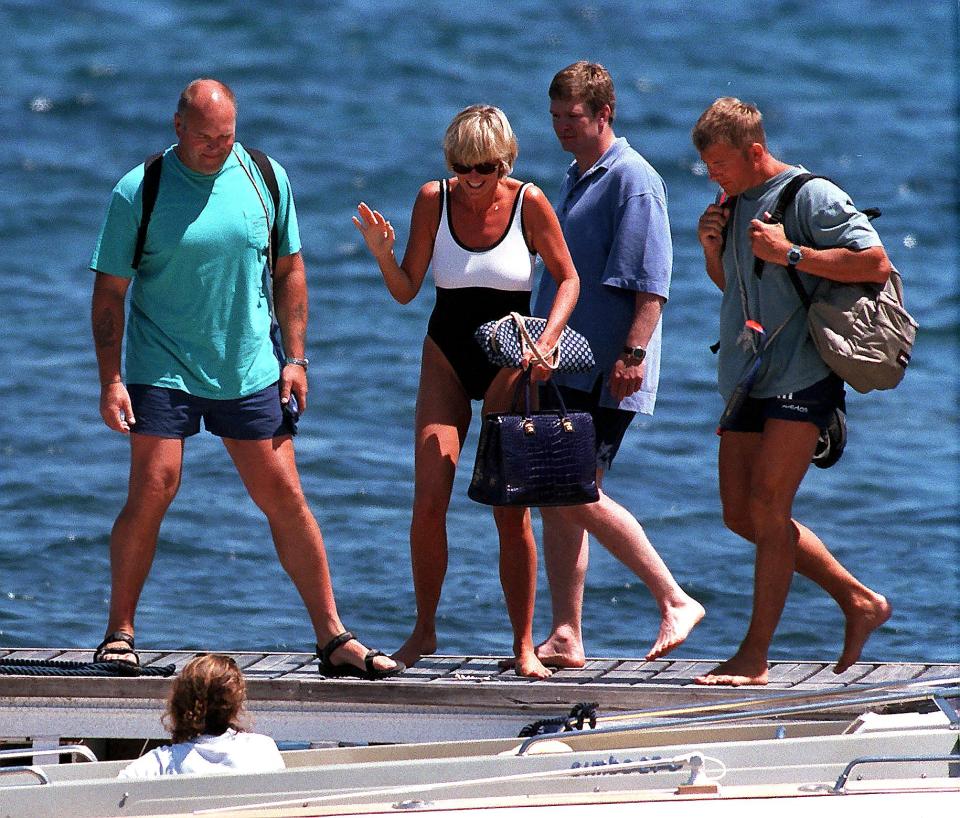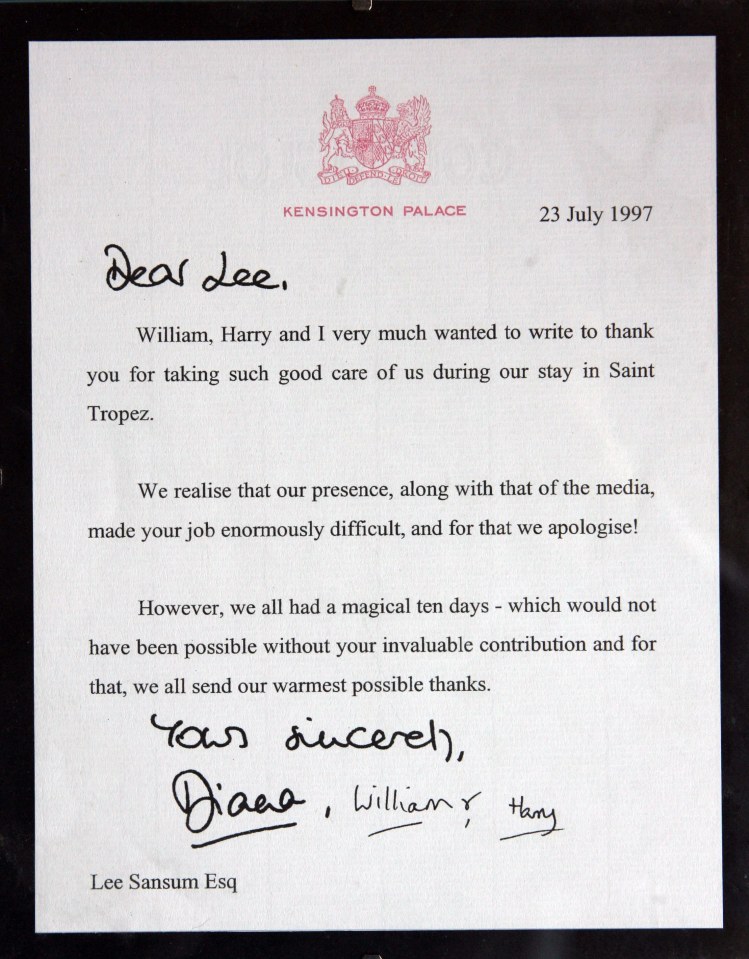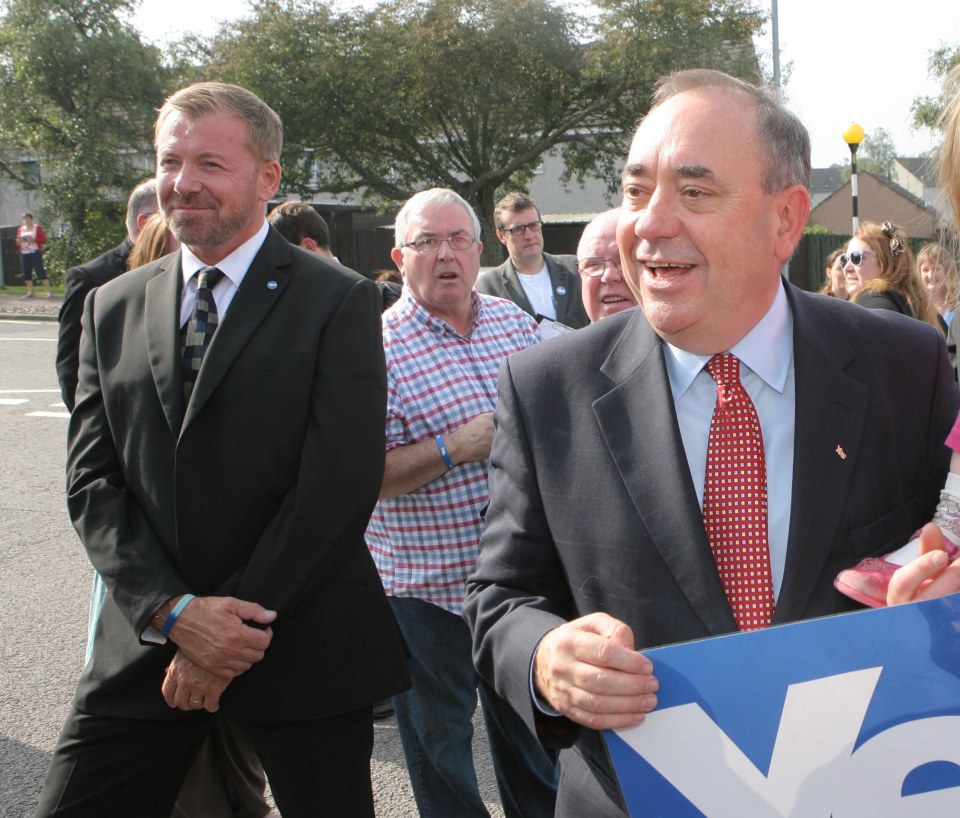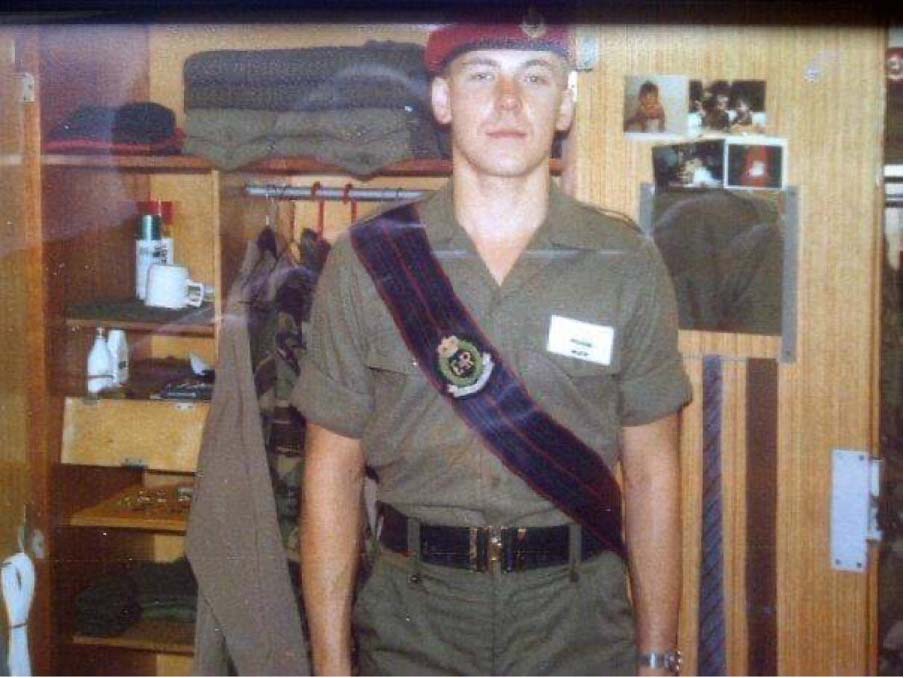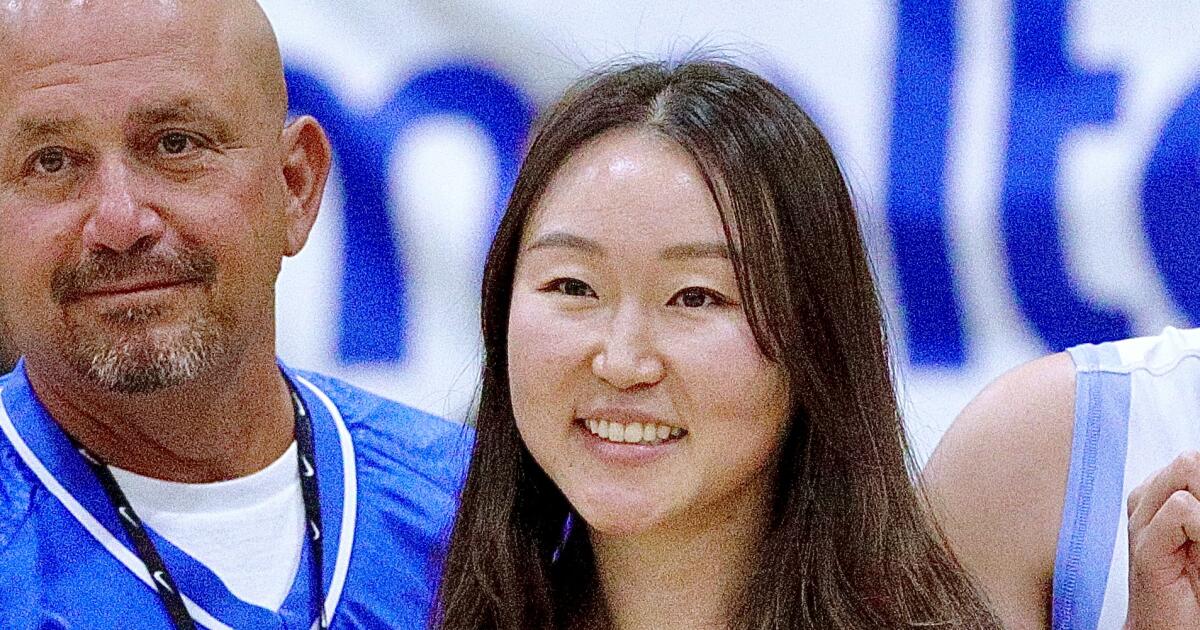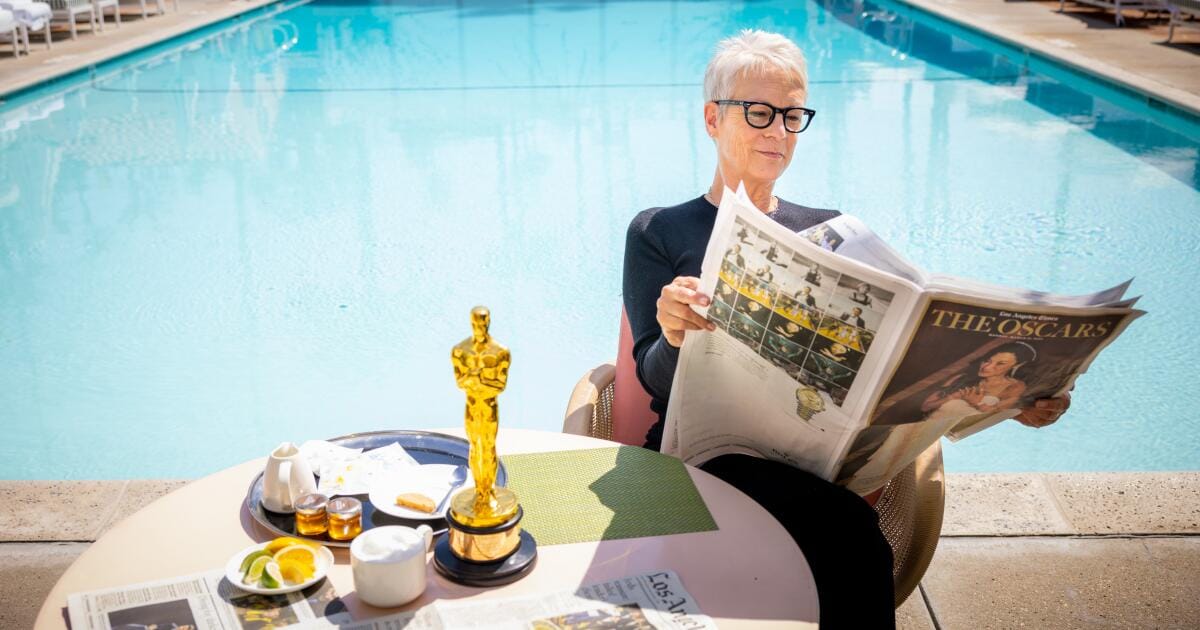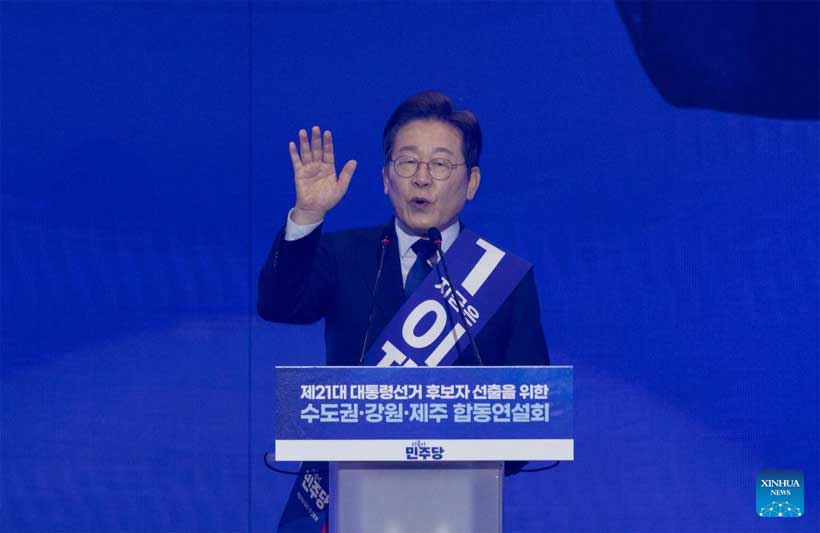Another summer of love begins, with Maya Jama reprising the helm of Love Island on ITV2 this week. Over on the BBC, however, another fan-favourite show is set for its own comeback.
From gripping dramas and explosive rows to enlightening and thought-provoking shows, this week of TV is sure to pander to everyone.
Presenter Maya Jama is returning to screens this Monday, June 9, as she reprises hosting duties on ITV2‘s Love Island. Expect bombshells and surprises pairings ahead.
Meanwhile, the BBC is treating viewers to another round of The Gold, with Hugh Bonneville and Charlotte Spencer, and Not Going Out, starring Sally Bretton and Lee Mack. But on Channel 4, Jamie Oliver advocates for more inclusive schools to help neurodivergent children.
Streaming platforms also have plenty of choices this week, including Sir David Attenborough‘s love letter to the sea and Netflix‘s deep dive in Astroworld – the festival that spiralled out of control in 2021, triggering backlash against rap star Travis Scott.
READ MORE: Luxury hotel offering Elemis spa treatment with a free £101 beauty gift
The Gold
Sunday 8th, BBC1
Hugh Bonneville and Charlotte Spencer team up as DCS Brian Boyce and DI Nicki Jennings for The Gold’s second season as their characters deal with the aftermath of the Brink’s-Mat robbery, in which £26 million worth of gold bullion, diamonds and cash were stolen from a warehouse.
Though some of the thieves were convicted, Brian and Nicki realise the criminals only had half of the stolen goods. The discovery triggers a high-stakes journey into organised crime and international money laundering as the police embark on a string of desperate manhunts to finally close the longest and most expensive investigation in the history of the Metropolitan Police.
Our Yorkshire Shop: A Victorian Restoration
Sunday, C4
This series takes viewers to the heart of the Yorkshire Dales, in the picturesque village of Masham – where a determined group of locals take on the ambitious challenge of restoring their village shop to its former Victorian glory.
With no previous experience in building restoration, villagers roll up their sleeves and learn on the job – from line plastering to fending off animal infestations.
Motivated by 94-year-old Elsie, their emotional anchor, the group are guided both in spirit and style, delivering a heartwarming celebration of local heritage.
Ocean with David Attenborough
Sunday, Disney +
At the age of 99, Sir David Attenborough presents Ocean, a powerful documentary highlighting the critical state of the world’s oceans.
Through stunning visuals and groundbreaking underwater footage, this film exposes destructive practices like bottom trawling and emphasises the urgent need for marine conservation.
Released ahead of the UN Ocean Conference, Ocean serves as a wake-up call and David’s most personal message yet. And it’s already become the highest-grossing film in the UK and Irish box-office, earning £570,000 on its opening weekend in cinemas.
Jamie’s Dyslexia Revolution
Monday, C4
Celebrity chef Jamie Oliver shares his personal journey with dyslexia in this compelling documentary as he takes a stand for neurodivergent children.
Highlighting the challenges faced by thousands of children with dyslexia in the UK, Jamie fiercely advocates for a more inclusive and supportive education system.
Through interviews with experts, educators, families and even familiar celebrity faces, the film sheds light on systemic issues affecting dyslexic children and calls for meaningful change to help them thrive academically and beyond.
Beth
Monday, C4
Written and directed by photographer and budding filmmaker Uzo Oleh, this tense three-part science-fiction thriller is Channel 4’s first-ever digital original drama.
Nicholas Pinnock and Abbey Lee star as Joe and Molly – a couple whose lives are upended when their newborn daughter, Imogen, bears no resemblance to her father.
What begins as a domestic drama spirals into paranoia, identity crises and eerie revelations as Joe’s world starts to unravel. Through their story, this hard-hitting show explores mistrust, modern parenthood and the fear that something has gone horribly wrong.
Love Island
Monday, ITV
Maya Jama returns to host the twelfth season of the iconic ITV2 dating show, promising more drama, more bombshells, plenty of break-ups and even more make-ups in celebration of its tenth anniversary on screens.
Set at the iconic sun-soaked Mallorca villa, a fresh batch of singletons embark on a quest for love and a jaw-dropping £50k cash prize. Expect twists, turns, unexpected pairings and shock dumpings, cryptic Love Island lingo and more Casa Amor turmoil. Which couple will tackle the journey hand-in-hand? And who will call it quits?
Shardlake
Monday, ITV
C.J. Samsom’s Tudor mystery novels come alive in this gripping four-part series. Arthur Hughes (The Innocents, The Archers) stars as brilliant barrister Matthew Shardlake, dispatched by Thomas Cromwell (Sean Bean) to investigate a murder at a remote monastery.
As secrets unravel, Matthew and his companion Jack Barak (Anthony Boyle) navigate an intricate web of lies and political intrigue – but can Matthew really trust his companion? With atmospheric settings and compelling performances, this period drama offers a fresh take on historical crime storytelling.
The Yorkshire Vet: At Home With the Greens
Tuesday, Channel 5
Yorkshire Vet star Peter Wright offers a heartwarming new glimpse into the lives of fan favourites Steve and Jean Green, known as Britain’s longest-standing farmers.
This spin-off series invites viewers beyond the surgery and into the farm, where the couple balance rural life with their passion for animals.
Expect tender moments, behind-the-scenes insights and the same down-to-earth charm that made the original series a staple for animal lovers across the UK.
Trainwreck: The Astroworld tragedy
Tuesday, Netflix
This harrowing documentary revisits the 2021 Astroworld Festival disaster, where a crowd surge led to ten deaths and numerous injuries during a Texas-based festival launched by US rap star Travis Scott.
Through exclusive interviews with survivors, paramedics and festival staff, the film examines the events leading up to the tragedy and its aftermath. It delves into questions of accountability, safety protocols and the impact on the victims’ families, providing a sobering look at one of the most devastating concert incidents in recent history.
Speed Cameras: Out to Get Us?
Wednesday, C5
This investigative documentary explores the proliferation of speed cameras across the UK. Traveling from Nottinghamshire to Wales, it examines whether these devices are genuine safety tools or revenue-generating machines.
Featuring insights from traffic officers, drivers and the pioneer who introduced speed cameras to Britain’s roads in 1990, the programme questions their effectiveness and future. It’s a wild ride through Britain – but with less potholes.
Flight 149: Hostage of War
Wednesday, Sky Documentaries & NOW
This gripping documentary uncovers the shocking truth behind British Airways Flight 149, which landed in Kuwait mere hours before Iraq’s 1990 invasion. What really happened to the passengers and crew held hostage by Saddam Hussein’s forces?
With first-hand testimonies, classified documents and a decades-long silence finally broken, this film lays bare a chilling and unflinching tale of government secrets, human endurance and political betrayal. It’s a must-watch for fans of true stories where the stakes are life and death – and the answers still sting.
DNA Journey with Ancestry
Thursday, ITV
The hit ITV series, DNA Journey returns for a gripping fifth season. This time round, new celebrity duos set off on an emotional journey across history, uncovering jaw-dropping family secrets and unexpected connections.
Jo Brand and Julian Clary, Fay Ripley and Hermione Norris and Sam Thompson and Marvin Humes are taking on the challenge. With laughter, tears and twists in every episode, DNA Journey continues to prove that our past holds the key to who we really are.
Olivia Attwood: The Price of Perfection
Thursday, ITV2
In this immersive documentary series, Love Island alum Olivia Attwood investigates the lengths individuals go to achieve physical perfection in today’s image-obsessed society.
Drawing from her own experiences with cosmetic procedures, Olivia explores the booming beauty industry, meeting people who have undergone extreme transformations and embedding herself with patients and practitioners to try some of them out herself – including salmon sperm injections.
The series delves into the true psychological and physical costs of chasing perfection, offering a candid look at the intense pressures stemming from modern beauty standards.
Not Going Out
Friday, BBC1
Lee Mack’s long-running sitcom returns for its 14th series, continuing to deliver laughs with witty dialogue and relatable scenarios. The show follows the misadventures of Lee and his wife Lucy (Sally Bretton) as they navigate the challenges of family life.
With a time jump moving the story six years ahead, the couple adjust to a new home in the countryside while their children are away at university. The series remains a staple of British comedy, combining sharp humour with heartwarming moments.
Like this story? For more of the latest showbiz news and gossip, follow Mirror Celebs on TikTok, Snapchat, Instagram, Twitter, Facebook, YouTube and Threads.
